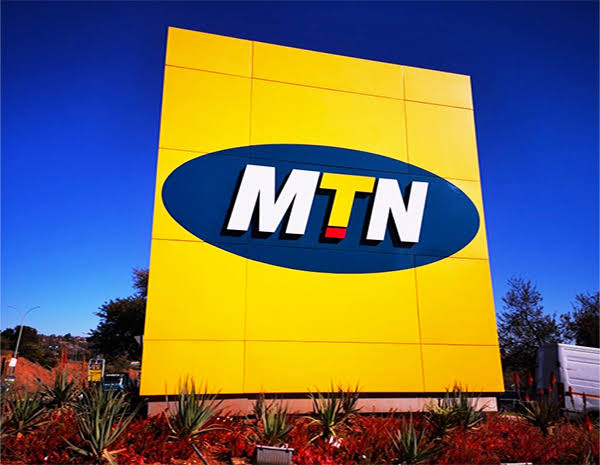MTN Nigeria, the nation’s largest telecom operator, has emphasized the urgent need for the telecommunications sector to regain profitability in order to sustain its operations.
During a recent tour of MTN’s facilities by Fellows of the Media Innovation Programme in Ibeju-Lekki, Lagos, CEO Karl Toriola highlighted that the sector has been facing significant losses, necessitating immediate action to reverse this trend. With approximately 78 million subscribers, Toriola noted that MTN is now relying on profits accumulated over the past two decades.
“We must restore profitability to the industry,” he stated, underscoring the critical need for reform. He explained that the company is currently operating on its reserves, a situation he described as unsustainable in the long term.
Earlier this year, telecom operators renewed calls for a tariff increase—the first in 11 years—to address rising operational costs and enhance service quality. They warned that without such adjustments, financial viability and service standards would continue to deteriorate.
Toriola pointed out that the sector is grappling with escalating operational costs, particularly due to rising diesel prices needed to power base transceiver stations. He warned, “There should be no delusion; if tariffs don’t increase, we will shut down,” emphasizing the urgent need for tariff adjustments to align with economic realities.
He also noted that MTN, once among Nigeria’s top corporate taxpayers, has seen its tax contributions decline due to these financial pressures. Reflecting on their first-quarter results, MTN and Airtel have adopted a cautious stance on capital expenditure for 2024.
Meanwhile, 9mobile and Globacom, the other two mobile operators in Nigeria, are not publicly listed.
In 2024, MTN Nigeria reported a staggering N519.1 billion loss in the first half of the year, primarily attributed to foreign exchange losses resulting from the naira’s devaluation and high inflation rates.
Additionally, Toriola cautioned that MTN may suspend Unstructured Supplementary Service Data (USSD) banking services due to a N250 billion debt owed by Nigerian banks. The operator is seeking regulatory approval to cease support for USSD services used in banking transactions unless the debt is resolved and tariffs adjusted to reflect economic conditions.
However, Toriola expressed optimism that the new Governor of the Central Bank of Nigeria, Yemi Cardoso, and the Executive Vice Chairman of the Nigerian Communications Commission, Dr. Aminu Maida, will intervene to help resolve the ongoing financial crisis.
He concluded by stressing the vital role of the telecom industry in supporting Nigeria’s economy, urging the government and regulators to act swiftly to prevent severe consequences from inaction.

